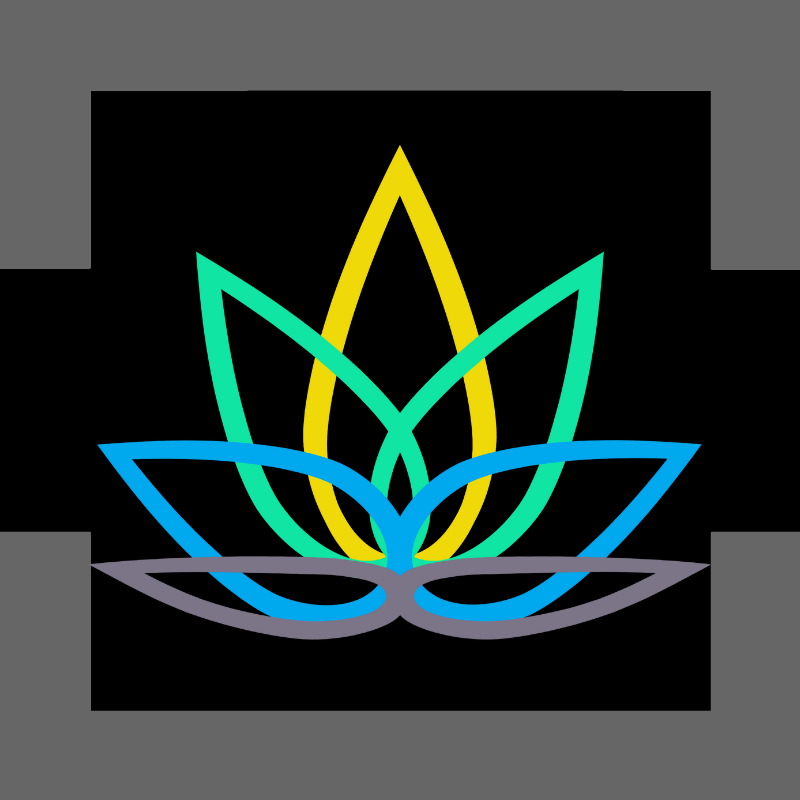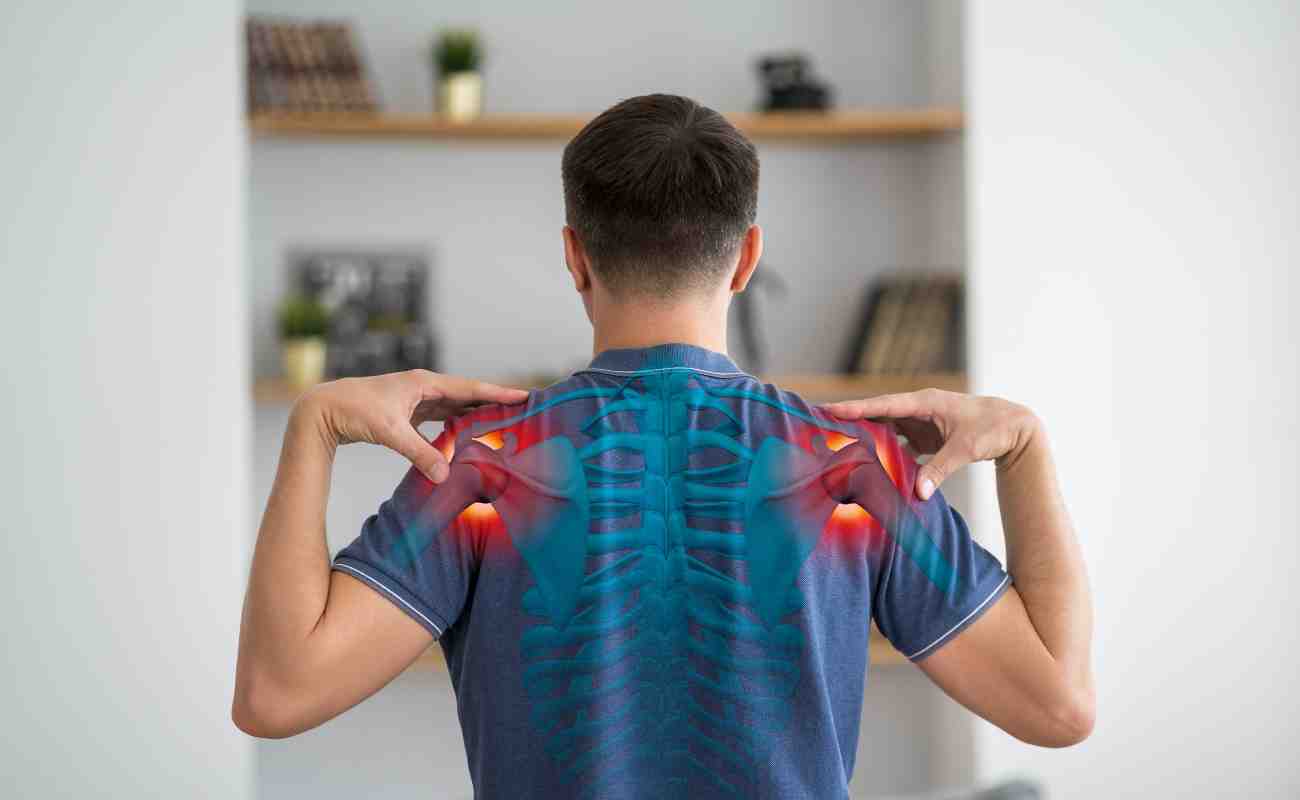
Concussion Physiotherapy – Protect Your Brain
A concussion, often referred to simply as a “head concussion”, is a type of traumatic brain injury (TBI) caused by a blow to the head or a violent shaking of the head and body. It’s important to note that concussions can occur with or without a loss of consciousness.
Causes of Concussion:
- Falls.
- Sports-related injuries.
- Car, bicycle, or pedestrian accidents.
- Physical altercations or assaults.
Symptoms:
Symptoms can be varied and might not always appear immediately after the injury. While the below is not an exhaustive list, symptoms usually include the below:
- Headache or a sensation of pressure in the head.
- Temporary loss of consciousness.
- Confusion or a feeling of being dazed.
- Dizziness.
- Ringing in the ears.
- Nausea or vomiting.
- Slurred speech.
- Fatigue.
- Delayed response to questions.
- Sleep disturbances.
- Light and noise sensitivity.
- Memory complaints or forgetfulness.
Role of Physiotherapy in remediating concussion:
Physiotherapy plays a crucial role in the multidisciplinary management of concussions. Concussions, a traumatic brain injury, can impact physical, cognitive, and emotional functions. Here’s why physiotherapy is important in treating concussions:
- Vestibular Rehabilitation: Many with concussions experience dizziness or balance issues due to vestibular system disruptions. Physiotherapists trained in vestibular rehab can provide exercises and strategies to improve these symptoms.
- Cervical Spine Assessment and Treatment: Concussions often coincide with neck injuries. Physiotherapists can address associated neck pain and dysfunction, which can sometimes mimic or exacerbate concussion symptoms.
- Exercise Prescription: Controlled, sub-symptom threshold aerobic exercise can aid recovery by promoting increased blood flow to the brain, helping with symptom resolution.
- Guidance on Gradual Return to Activity: Physiotherapists can provide a structured plan for patients to safely return to daily activities, work, or sports, reducing the risk of re-injury.
- Management of Coexisting Injuries: Other injuries, like sprains or fractures, may accompany concussions. Physiotherapists can address these, providing holistic care.
- Patient Education: Understanding concussion symptoms, recovery timelines, and management strategies can alleviate patient anxiety and promote compliance with therapeutic interventions.
- Cognitive and Dual-Task Training: Physiotherapists can introduce exercises that challenge both cognitive and motor functions, aiding in returning to complex tasks post-concussion.
By addressing both the primary and secondary impacts of concussion, physiotherapy helps ensure a comprehensive and efficient recovery process.
Things to discuss / Questions to ask a Physiotherapist treating Concussion:
If you’ve sustained a concussion and are seeing a physiotherapist, it’s crucial to provide a detailed account of your symptoms, challenges, and any changes you’ve observed since the injury. Additionally, here’s a guide on what topics and questions to cover during your visit:
Incident Description:
- How did the injury occur?
- Were you knocked unconscious? If so, for how long?
- Did you experience any memory loss about the event?
- Have you had any previous concussions or head injuries?
Current Symptoms:
- Discuss all symptoms you’re experiencing, even if they seem minor.
- Common symptoms include headaches, dizziness, light/sound sensitivity, fatigue, cognitive challenges, mood changes, and sleep disturbances.
Daily Activities:
- How has the concussion impacted your daily life, work, or school?
- Are there specific tasks or activities you now find challenging?
Physical Symptoms:
- Discuss any neck pain, balance problems, or visual disturbances.
- Are you experiencing any nausea, especially during movement?
Cognitive and Emotional Well-being:
- Are you having difficulty concentrating, remembering, or processing information?
- Discuss any mood changes like irritability, sadness, or anxiety.
Sleep Patterns:
- Are you sleeping more or less than usual?
- Is the quality of your sleep affected?
Activity Levels:
- What is your current level of physical activity?
- Have you noticed any worsening of symptoms with physical exertion?
Questions for the Therapist treating Concussion:
- What should you expect during the recovery process?
- What exercises or activities can help or should be avoided?
- How can you manage and monitor your symptoms effectively?
- What strategies can help improve sleep, reduce headaches, or address other symptoms?
- When is it safe to return to work, school, or sports?
- Are there any signs or symptoms that should prompt immediate medical attention?
Other Therapies for Concussion and Interventions:
- Are there other therapies (e.g., occupational therapy, speech therapy, or counseling) that might be beneficial?
Follow-Up:
- How often should you see the physiotherapist?
- Are there other specialists you should consult?
How long does it take to recover from a Concussion?
While concussion recovery is highly individualistic and can vary based on the severity of the injury, the individual’s health prior to the concussion, their age, how the injury was managed immediately after the incident, and other factors, here’s a general timeline for concussion recovery through physiotherapy:
1. Acute Phase (24-48 hours post-injury):
Rest: Both cognitive and physical rest are recommended immediately after a concussion to allow the brain to heal.
Avoidance of Stimulants: Reducing exposure to screens, loud noises, and bright lights.
2. Sub-Acute Phase (Day 3 to 2 weeks):
Graded Activity: Gradual reintroduction to light daily activities.
Vestibular and Balance Exercises: Initiation of exercises to improve balance and reduce dizziness if present.
Neck Assessment and Treatment: Addressing any associated neck pain or dysfunction.
Controlled Aerobic Exercise: Gentle exercises like walking or stationary cycling without exacerbating symptoms.
3. Continuing Symptoms (2 weeks to 6 weeks):
Progressive Exercise: Increasing intensity and complexity of exercises.
Functional Retraining: Focusing on returning to more specific tasks or activities.
Cognitive and Dual-Task Training: Combining physical and cognitive tasks.
Continued Vestibular Rehab: Advanced exercises to challenge and improve the vestibular system.
4. Prolonged Symptoms (Post-Concussion Syndrome) (Beyond 6 weeks):
Multidisciplinary Approach: Collaboration with other professionals might be necessary, including neuropsychologists, occupational therapists, or specialists in concussion management.
Individualized Treatment: Addressing persistent symptoms with targeted interventions.
Return-to-Play/Activity Protocols: Structured progression to safely reintegrate into sports or intense activities.
5. Return to Normal Activities:
Graded Return: Following a step-wise progression back to work, school, or sports. Each step might last 24-48 hours or longer, ensuring no symptom exacerbation.
Maintenance and Monitoring: Continuation of exercises to maintain improvements and periodic check-ins to monitor any recurrent or lingering symptoms.
It’s essential to remember that while this timeline provides a general overview, individual recovery paths can differ significantly. Some people may recover within days, while others may experience symptoms for months or longer.
Concussion treatment at Curezone Physiotherapy:
At Curezone Physiotherapy, our expert Physiotherapists trained in concussion management employ specialized techniques to address vestibular disturbances, balance issues, and neck injuries post-concussion. They guide patients through a safe, graded return to activities, ensuring optimal recovery while reducing risks of complications. Their holistic approach integrates physical, cognitive, and functional rehabilitation, tailored to individual needs. Please give us a call or click one of the below links to book an appointment with one of our expert physiotherapists if you are suffering from concussion-related injury.
Physiotherapy Clinic Mississauga – Curezone Physiotherapy, Heartland Mississauga
Physiotherapy Clinic Oakville – Curezone Physiotherapy, Burloak Oakville




